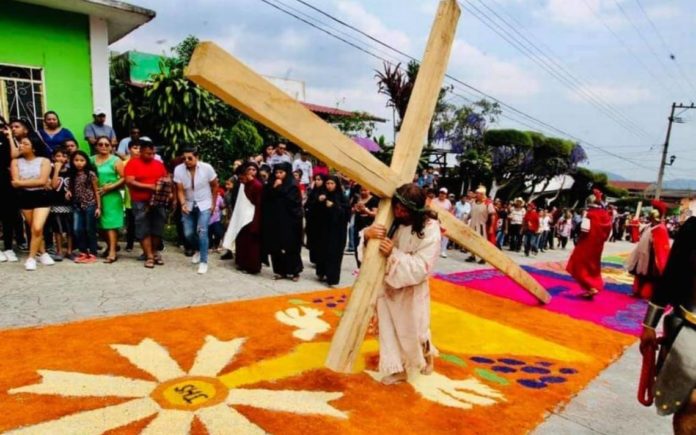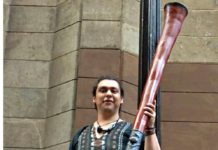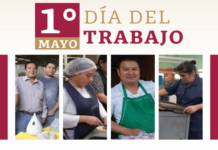Celebrated with Passion and Pageantry
Mexico, a predominantly Roman Catholic nation, celebrates Easter (Domingo de Gloria — “Sunday of Glory”) with unparalleled passion and pageantry. Easter in Mexico is not celebrated on a single day. It is a multi-week extravaganza.
Carnival
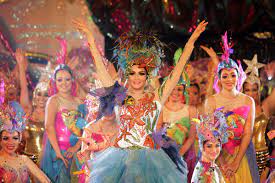
The holiday traditionally starts with Carnival, the festival that leads up to Lent, the 40-day religious observance representing the 40 days Jesus spent in the wilderness. Since many people give up things for Lent, Carnival is about dancing, eating, and partying. The celebrations include lively street festivals, incredibly colorful costumes, and parades.
Ash Wednesday
Ash Wednesday is the first day of Lent and is reserved for prayer, fasting, and repentance. It is a solemn occasion in Mexico when believers go to church, where priests draw the sign of the cross in ashes on their foreheads. As a sign of repentance, Mexicans leave the ash untouched all day.
Semana Santa – Holy Week
Holy Week, the week before Easter, is called Semana Santa. The first significant event is Palm Sunday (Domingo de Ramos), the week before Easter Sunday, commemorating Jesus’ famed entry into Jerusalem on a donkey.
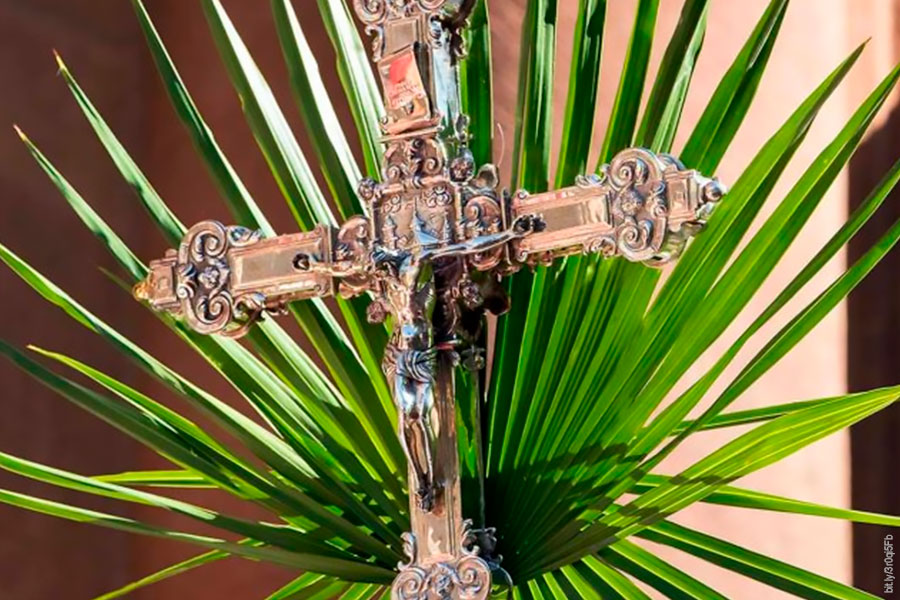
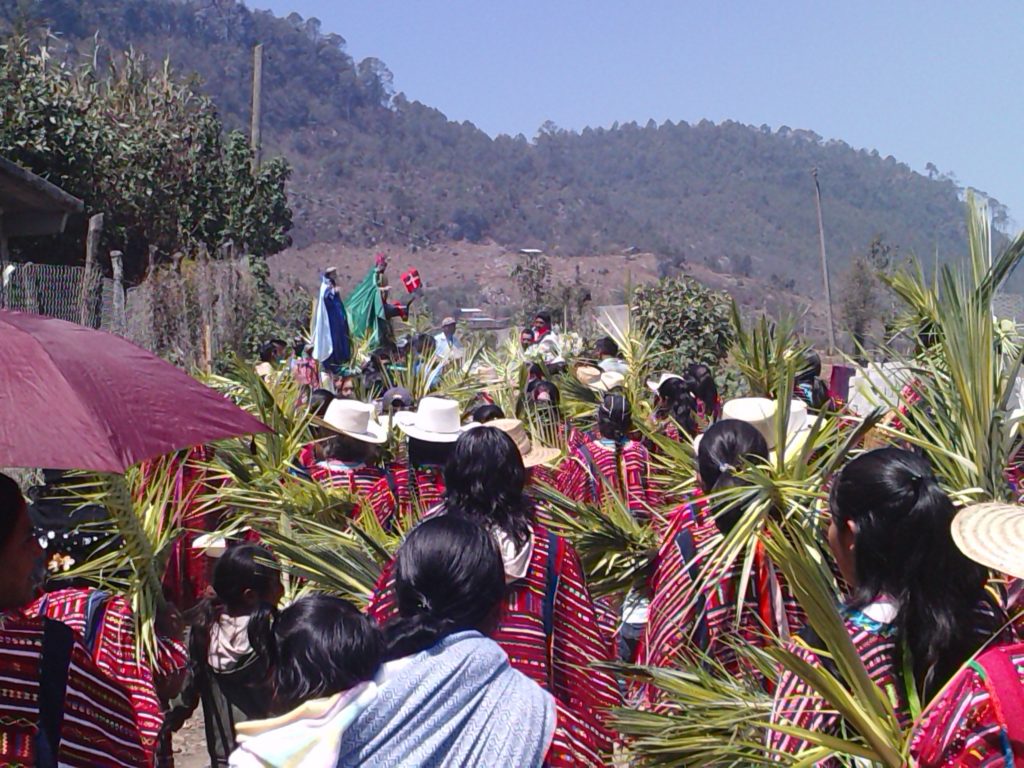
Churches in Mexico are decorated with lush palm leaves for special masses. Churchgoers have their own palm leaves, waving them and singing songs of praise. Some Mexican towns even re-create this dazzling procession in their own streets.
Maundy Thursday (Jueves Santo), Good Friday (Viernes Santo) & Holy Saturday (Sábado Santo)
Semana Santa continues with Maundy Thursday or Holy Thursday (Jueves Santo). This holy day is celebrated in honor of Jesus’ Last Supper with his disciples. Churches in Mexico hold special masses, and some even host elaborate reenactments of the Last Supper.
Good Friday (Viernes Santo) commemorates the day of Christ’s crucifixion. The streets of Mexican towns are often closed for a re-creation of the “Ways of the Cross,” showing Jesus in his crown of thorns carrying the cross. It is a solemn occasion; the devout witness it with silence and prayer.
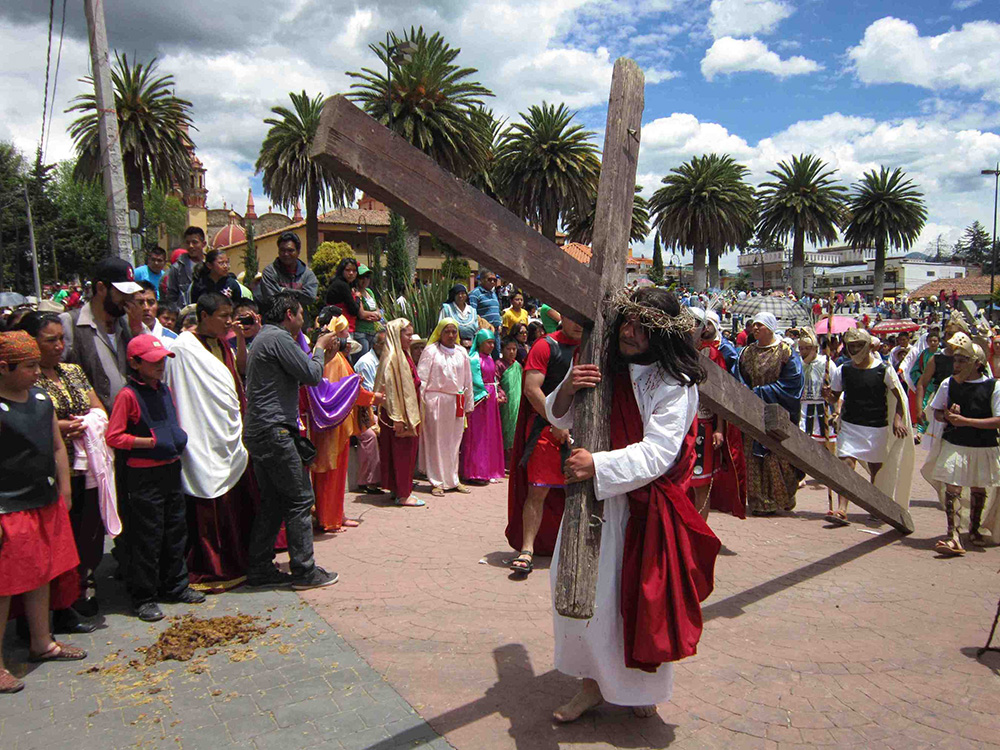
Holy Saturday (Sábado Santo) is dedicated to the time between Christ’s death and resurrection. In some parts of Mexico, believers burn effigies of Judas, the disciple who betrayed Jesus.
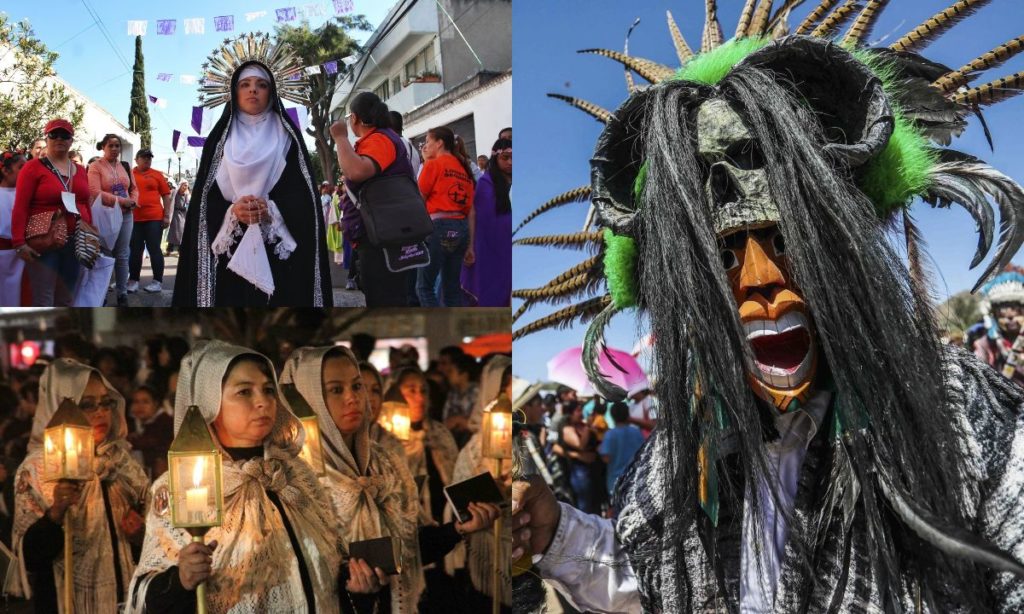
Easter Sunday
Church bells ring out, and masses are filled with happy songs and hymns to celebrate Christ’s resurrection on Easter Sunday. Easter in Mexico is generally not celebrated with Easter Bunnies and Easter Egg hunts, like in the U.S. and Canada. Families often celebrate the holiday with street food or ice cream bought from vendors lining most Mexican towns’ streets.
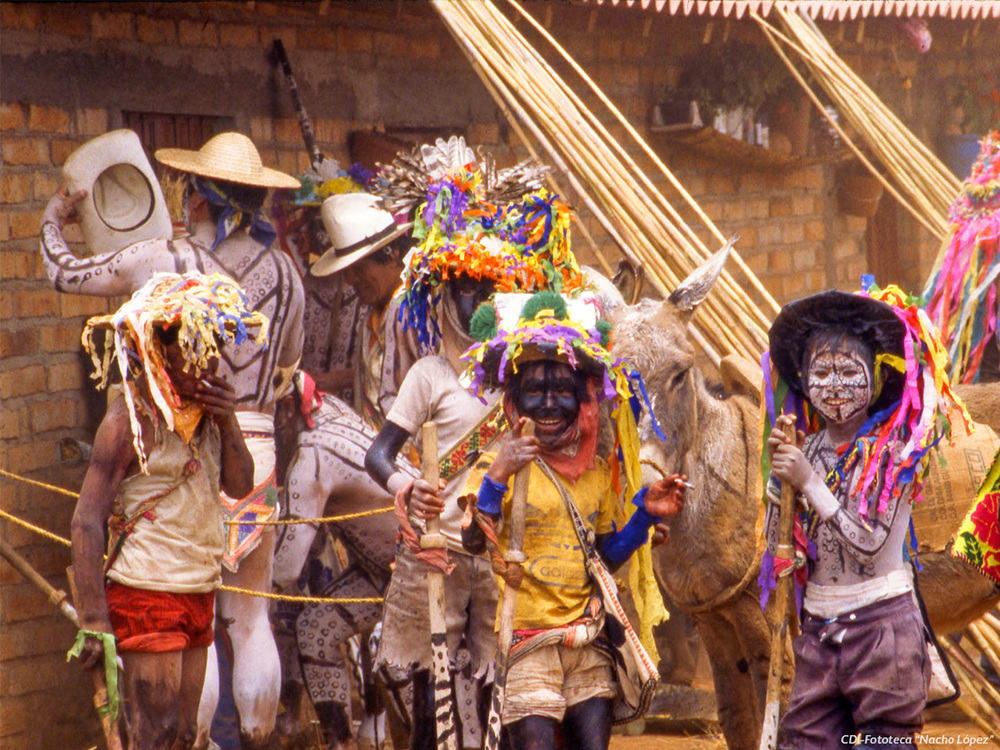
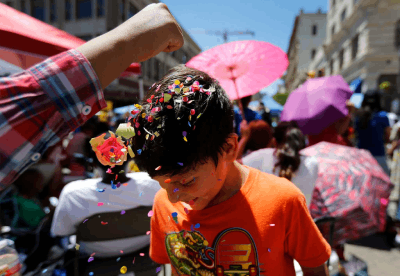
Semana de Pascua – The Week After Easter
The week after Easter Sunday is called Semana de Pascua. Following the sometimes somber moods of the previous week, Semana de Pascua is a livelier time, as Mexicans look forward to spring, symbolized by Christ’s resurrection. Many schools and businesses close for the week. It is a peak vacation time for families.


